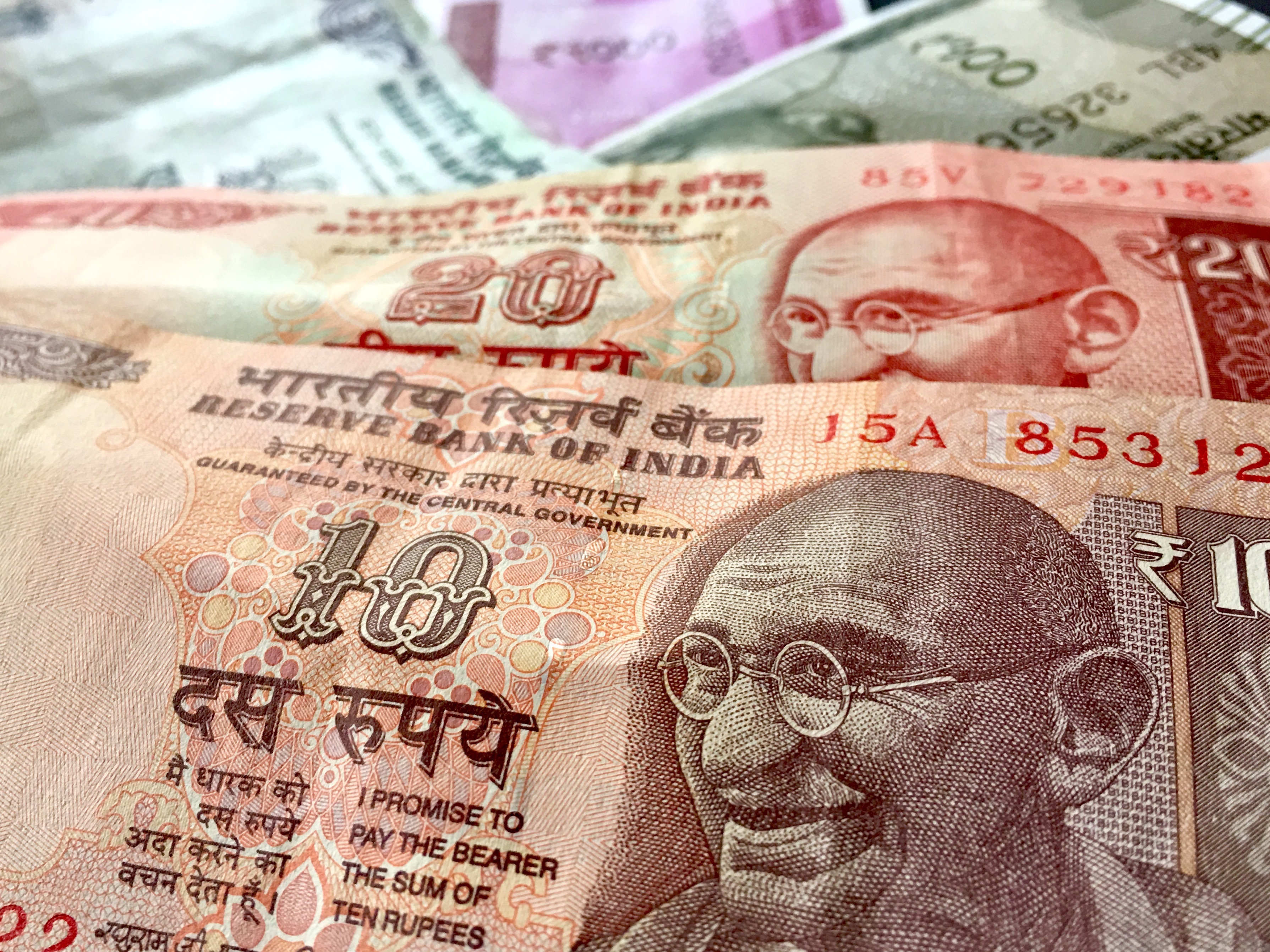Banking in India
India’s banking market was once dominated by a small number of large domestic banks. In 2020, there are now 46 private foreign banks in India. Early entrants such as Standard Chartered, HSBC and Citibank set up in India in the late 1800s and early 1900s to capitalise on trade flowing from Asia, through India to the West. Today, three of Australia’s big four banks (ANZ, NAB and Westpac) operate branches in India. The decision of whether a local Indian bank or an Australian bank will be more suited to your business is one that requires thorough research and potentially the advice of a professional.
Australian businesses looking to maximise opportunities in India will probably need to work with a local bank. Although the banking and financial markets are still generally protectionist, the proliferation of foreign bank branches in the last decade is contributing to increased competition among local banks hungry for a piece of the foreign direct investment pie.

Business and banking
It is important when operating a business in India to have a clear-cut and effective bank account structure that complies with the various local regulations, as well as any applicable rules set by the Reserve Bank of India (RBI). The structure of a business’ financials still must not impinge on the drive for efficiencies and the ability of a business to operate effectively.
Several account types may be necessary. Keep in mind that the RBI almost never approves foreign currency accounts, which means they are quite uncommon in India. Companies in India, including Wholly Foreign-Owned Enterprises (WFOEs), can only open a foreign currency account if the company earns foreign exchange.
Bank accounts
A company will need to set up different types of accounts depending upon its structure – for instance, while a project office in India is allowed to maintain a foreign currency account as well as INR account, a representative office is allowed to maintain only an INR bank account. Different types of bank accounts (both in INR and foreign currency) are permissible for foreign citizens/ entities depending on the specific facts. Generally, the key INR accounts that can be opened by foreign entities/ individuals with a bank in India are:
- Non-Resident Ordinary Rupee (NRO) Account
- Non-Resident External Rupee (NRE) Account
Want to learn more? Explore our other India information categories or download the India Country Starter Pack.
